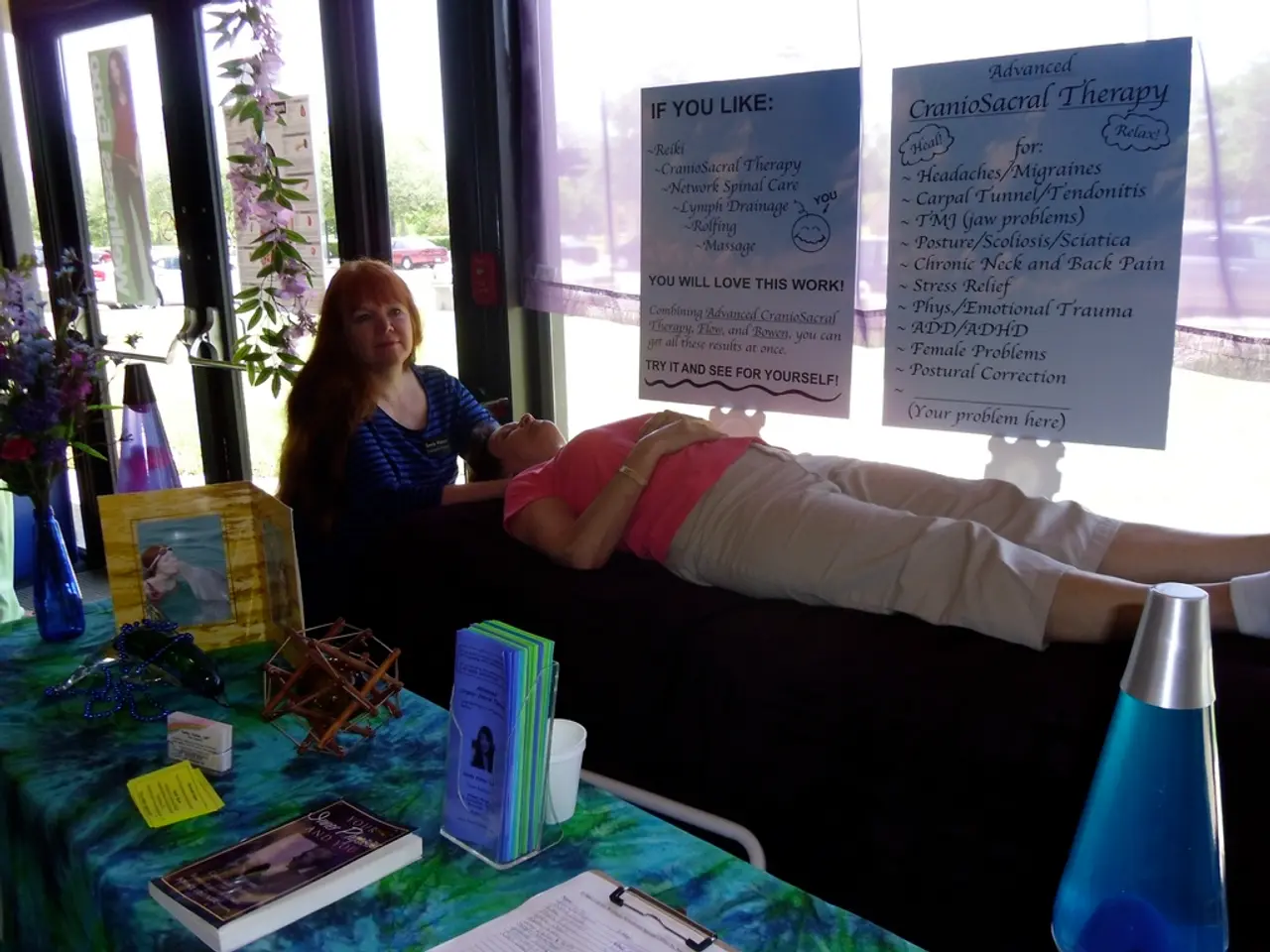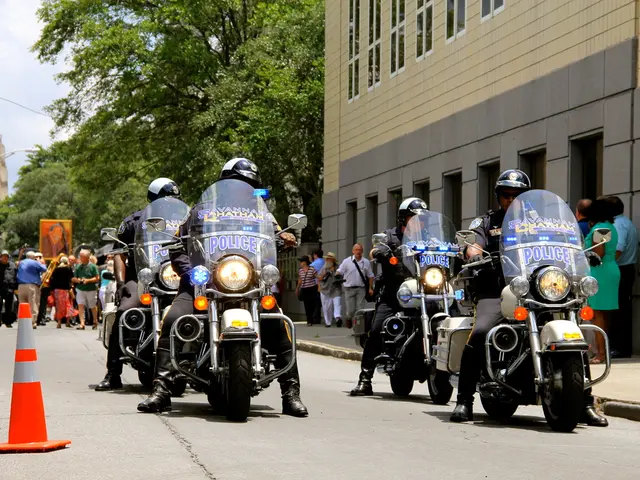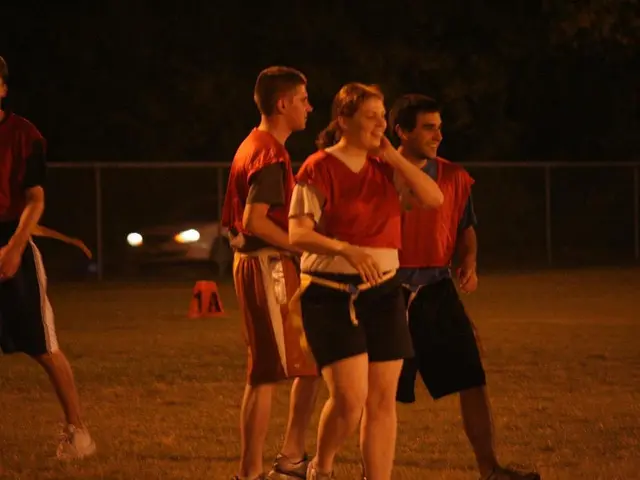Exploring Ten Questions to Pose to Your Fresh Psychotherapist Regarding Anti-Racism Approach
In recent times, there has been a significant rise in the number of wellness hubs curated by Black people, aiming to provide a safe and inclusive space for individuals to address their mental health needs. Some of these hubs include Black Girl in Om, Ethel's Club, Black Girls Breathing, The Nap Ministry, BEAM, Therapy for Black Girls, and Black Female Therapists.
However, navigating the world of therapy, especially when it comes to discussing racial experiences, can be a challenging task. For some, the fear of committing the same acts of racial violence and microaggressions in the therapy room can be overwhelming. It's important to remember that it's okay to challenge a therapist and express any disappointments if the relationship doesn't feel safe.
When seeking a therapist, it's crucial to ask questions during a consultation to gauge their cultural competence and commitment to understanding racial trauma. Some questions to consider include inquiring about their anti-racism practices, training in understanding racial trauma, and their commitment to confronting their implicit biases.
A culturally competent therapist will engage in active listening, ask reflective questions, and make you feel heard, understood, and validated. They will also practice anti-racism, dismantle systems of oppression, confront their implicit biases through training and educational materials, and be committed to understanding racial trauma.
Racial trauma is an ongoing experience that can be triggered by direct acts of racism, microaggressions, and white supremacy culture. The emotional toll of racial trauma can be damaging to one's health and can be poisonous to the well-being of the Black community. Symptoms of racial trauma can manifest in various ways, including chronic stress, somatic responses, increased hypervigilance, fatigue, irritability, burnout, dissociation, and recurring memories of stressful racial events, which can be similar to those experienced with Post-Traumatic Stress Disorder (PTSD).
Finding a Black therapist can be difficult due to the fact that 84 percent of the psychology workforce is white and 4 percent is Black. It's essential to remember that you have the right to decline services or end therapy at any time if there's no therapeutic alliance.
In the United States, there are only a few payment-based grants specifically focused on promoting therapists who work with racism and intersectionality. Minaa B., a speaker, writer, author, licensed psychotherapist, and advocate for issues ranging from self-care to social justice, is one such individual working tirelessly to address these issues. Learn more about her work at minaab.com and follow her on Instagram.
Lastly, it's important to consider a therapist's experience in treating members of the LGBTQ+ community, Black women, and individuals who are non-binary, as well as their approach to treating issues around race and identity. By asking these questions, you can ensure that you find a therapist who truly understands and respects your unique experiences and needs.






